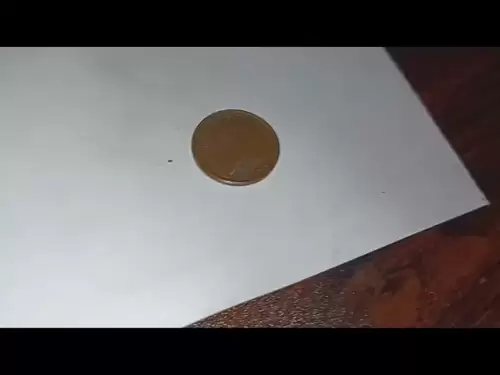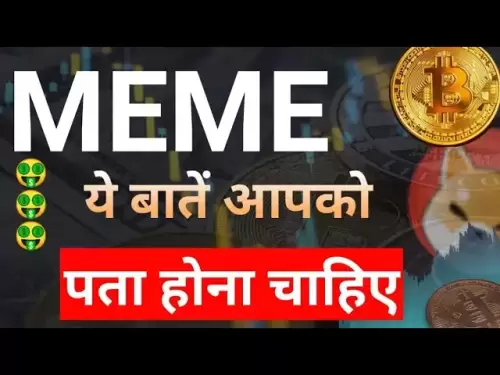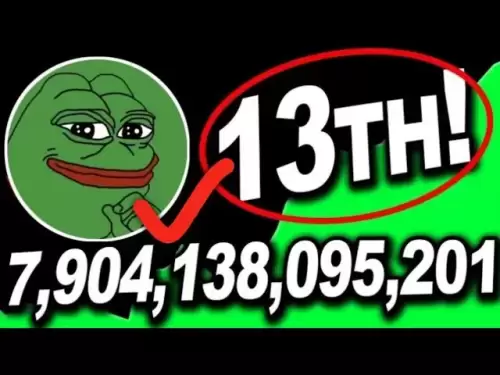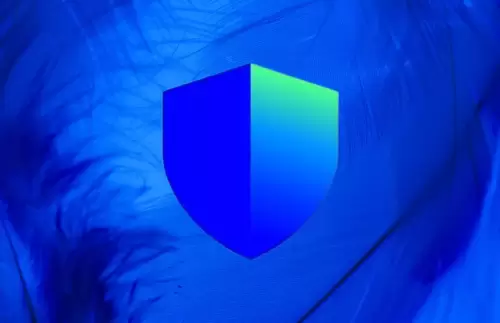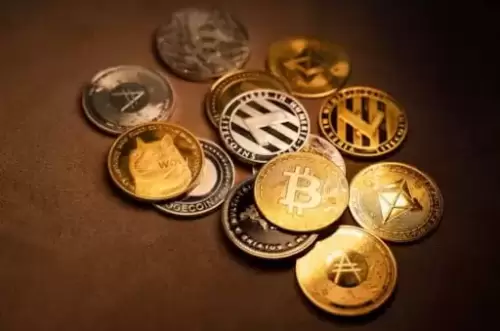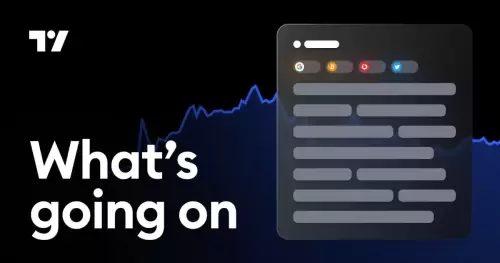 |
|
 |
|
 |
|
 |
|
 |
|
 |
|
 |
|
 |
|
 |
|
 |
|
 |
|
 |
|
 |
|
 |
|
 |
|

Many dismissed Worldcoin for its controversial tokenomics and the biometric privacy concerns tied to it, but those issues aren’t new, and they haven’t stopped the project from trying to achieve what it set out to do: create a new global digital currency.
This year, interest in Worldcoin is beginning to grow.
Many are looking at the project with fresh eyes as the narrative of Web3 continues to take shape.
Specifically, people are interested in how Worldcoin's technology could be used to help AI understand and interact with the physical world better.
Sam Altman, a co-founder of OpenAI, is also a co-founder of Worldcoin. Altman’s involvement in both projects has led many to wonder if and when the two will collaborate more closely—especially in those areas where artificial intelligence and blockchain technology intersect.
At OpenAI, tools to stop the spread of bots and fake users have been under development for some time. On social platforms like X (formerly Twitter), it can be hard to tell which accounts are real, and as digital identities become more and more difficult to verify (in an age where even our text can be artificially generated), the biometric solutions to the identity problem that Worldcoin is dangling in front of us might well be some of the best options going.
This is especially true given that Worldcoin’s main competitor, in a way, is using a system that’s already been found wanting.
Increasingly, it seems, people are coming to believe that OpenAI and Worldcoin might be up to something a lot more ambitious than just creating a new social network, where only verified humans can participate. Such a place, it is thought, might deliver not just a way to avoid online spam and misinformation, but also a grammatically correct and syntactically valid way for human users to interact, vote, and transact online.
Should this partnership be confirmed—or even suggested—during the “At Last” event, Worldcoin could gain a much more noticeable position in the story of AI and Web3.
In terms of how it is performing in the market, Worldcoin has had a really good April. The price for $WLD shot up over 120%, climbing from a low of $0.57 for the month to as high as $1.26.
While some of that gain has been softened by the expected profit-taking, the trend is certainly looking better for Worldcoin.
$WLD (Worldcoin) 🪙 Is making a comeback and possibly setting itself up for a big breakout.Many have dismissed the project for its controversial tokenomics and the biometric privacy concerns tied to it.
But those issues aren’t new and they haven’t stopped Worldcoin from trying to achieve what it set out to do: create a new global digital currency.
This year, interest in Worldcoin is beginning to grow. Many are looking at the project with fresh eyes as the narrative of Web3 continues to take shape.
Specifically, people are interested in how Worldcoin’s technology could be used to help AI understand and better interact with the physical world.
One thread that makes Worldcoin a fascinating story to follow is its connection to OpenAI. Sam Altman, the co-founder and CEO of OpenAI, is also a co-founder of Worldcoin. Altman’s involvement in both projects has led many to wonder if and when the two will collaborate more closely—especially in those areas where artificial intelligence and blockchain technology intersect.
At OpenAI, tools to stop the spread of bots and fake users have been under development for some time. On social platforms like X (formerly Twitter), it can be hard to tell which accounts are real, and as digital identities become more and more difficult to introduce (in an age where even our text can be artificially generated), the biometric solutions to the identity problem that Worldcoin dangles in front of us might well be some of the best options going.
This is especially true given that Worldcoin’s main competitor, in a way, is using a system that’s already been found wanting.
Increasingly, it seems, people are coming to believe that OpenAI and Worldcoin might be up to something a lot more ambitious than just creating a new social network, where only verified humans can participate. Such a place, it is thought, might deliver not just a way to avoid online spam and misinformation, but also a grammatically correct and syntactically valid way for human users to interact, vote, and transact online.
Should this partnership be confirmed—or even suggested—during the “At Last” event, Worldcoin could gain a much more noticeable position in the story of AI and Web3.
In terms of how it is performing in the market, Worldcoin has had a really good April. The price for $WLD shot up over 120%, climbing from a low of $0.57 for the month to as high as $1.26.
부인 성명:info@kdj.com
제공된 정보는 거래 조언이 아닙니다. kdj.com은 이 기사에 제공된 정보를 기반으로 이루어진 투자에 대해 어떠한 책임도 지지 않습니다. 암호화폐는 변동성이 매우 높으므로 철저한 조사 후 신중하게 투자하는 것이 좋습니다!
본 웹사이트에 사용된 내용이 귀하의 저작권을 침해한다고 판단되는 경우, 즉시 당사(info@kdj.com)로 연락주시면 즉시 삭제하도록 하겠습니다.



















